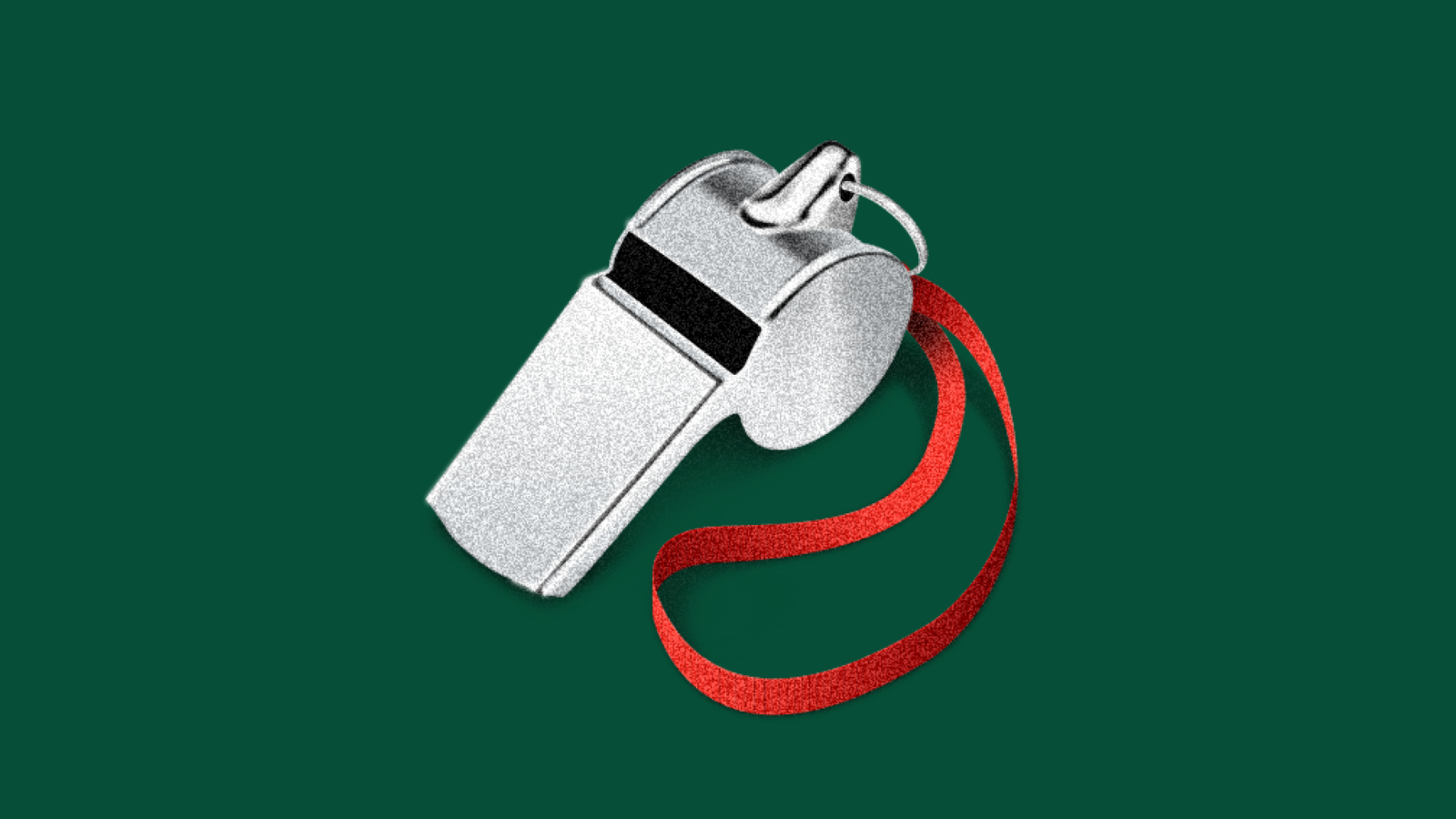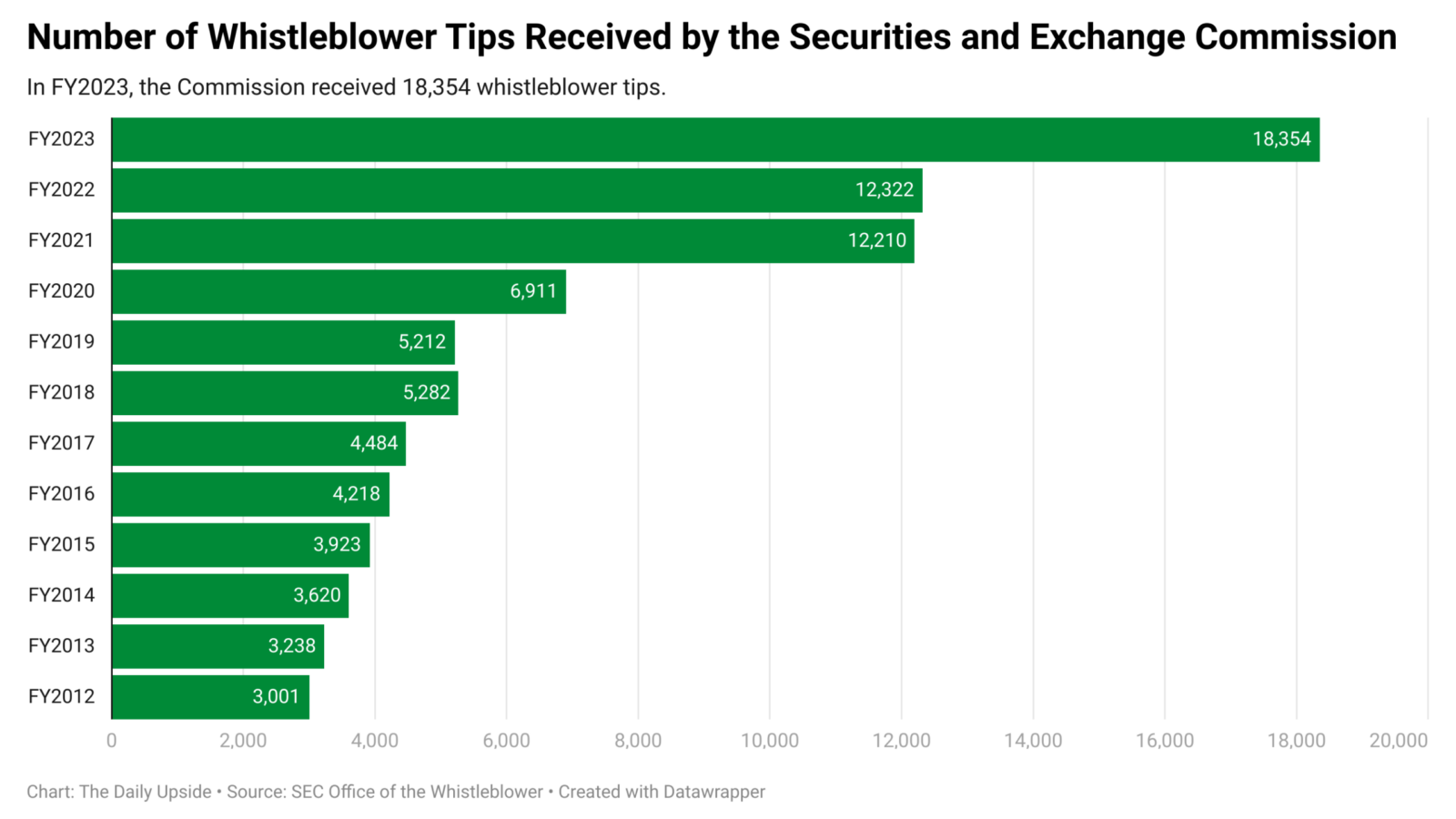Good morning and happy Friday.
Maybe the problem isn’t your job. What you really hate is work.
In a recent survey of more than 1,500 US workers, the Conference Board found just 59% of workers who switched jobs last year were satisfied with their new gigs. That’s lower than the 65% of workers who said they were satisfied staying where they already were, and down from a 66% satisfaction rate among job-hoppers from the same survey a year ago. But the results may reveal a deeper truth: No matter where you work, one-third of employees are bound to be disgruntled.
Europe Wants to Fix Its Widening Productivity Gap With the US
In at least one regard, Europeans wish they were a little more like Americans.
Over the past quarter century (give or take) the US has pulled ahead of Europe in terms of economic productivity. This is a worry for Europeans who don’t want to see their economies falter and fall behind even more, and some are calling for government intervention.
Work, Work, Work
Productivity (the labor kind) is a standard measure of how much work it takes your economy to produce what it produces. If a country’s GDP can grow faster than wages, its economy is on the right track. That isn’t happening at all in Europe.
Despite a recent hiccup amid annoying inflation and high interest rates, the US economy has continued to grow efficiently — productivity has grown 60%, with a 10% rise in hours worked since 2000, according to the Bureau of Labor Statistics. And in quite possibly the cutest description ever, the BLS said “this efficiency in production means more time for fun activities like an afternoon baseball game with friends.”
Right now, Europe wishes it had more time for “footie”:
- European productivity has increased only about 20% since 2000, and Erik Thedéen — governor of Sweden’s central bank — told the Financial Times that “the productivity growth in the US has been much stronger. That is very important for European policymakers to try to address.”
- Nicolai Tangen, head of Norway’s $1.6 trillion oil fund, told the FT that all of this was because Europe as a whole was less ambitious, less hard-working, and more risk-averse than the US (he said it, not us!) Improved productivity helps keep wages up, which in turn keeps workers happy and loyal.
But the story isn’t really about work ethic. Like most economic issues, it comes down to policy. For example, as the world shifts from fossil fuels to renewable energies, dozens of industrial companies have urged the European Union to make energy cheaper, cut red tape, and boost clean tech funding to stay competitive with the US and China, Bloomberg reported. Meanwhile, the Biden administration’s Inflation Reduction Act underwrote roughly $370 billion for climate change programs.
Coming in for a Landing: In the fourth quarter of 2023, productivity rose 3.5% according to the BLS. But it grew just 0.3% in this year’s first quarter, which is either an aberration or a warning that jobs and wages are starting to slow. Last week, jobless claims increased 22,000 to 231,000, the highest level in eight months. The Fed’s “soft landing” scenario is still alive and well, but perhaps not as certain as it looked last week.
Weekend To-Do List: Get Outside, Hydrate.
The sun is setting later, the weather is warming up — and suddenly the slate of adventures has opened wide up.
Maybe you’re planning a grueling hike to greet spring. Or maybe you’ll meet some friends at your local watering hole for an adult beverage or two (moderation, folks). Whatever the weekend brings, you’re going to need to hydrate.
That is where LMNT comes in. This powerful packet is the perfect science-backed ratio of 1000 mg sodium, 200mg potassium, and 60mg magnesium that mixes in with any drink to give you the electrolytes you need to get properly hydrated – no matter what the weekend brings.
Stock up on all of LMNT’s great flavors and stay hydrated all weekend long. Get a free sample pack with any drink mix purchase!
TikTok to Start Labeling AI-Created Content
AI-enhanced content will come with a warning label on TikTok.
On Thursday, the popular, perhaps soon-to-be-banned short-form video giant announced it would begin labeling content created using both its own generative AI tools as well as those from third parties. It’s a sign that the burgeoning AI world may be evolving toward industry standards.
Muddying the Watermarks
For all the hype surrounding generative AI, it’s a massive problem for digital media platforms and their users: it’s never been easier to flood the zone with quickly made, and often-spammy, content. Google, for instance, has been at war with spammy AI-generated web pages designed to rocket to the top of search results — and may even start charging users for better-quality results. Meanwhile, there’s the backdrop of — gulp — the human race’s biggest election year in history, with political contests all but guaranteed to traffic in AI-generated misinformation and deepfakes.
And so TikTok, perhaps because of constant questions about its central role in young American’s media diets, is getting proactive. The platform already labels content created with its own AI tools, but now TikTok says it plans to identify and label content created by other AI tools, like Adobe’s Firefly and OpenAI’s Dall-E. That puts it ahead of the curve among its social media peers — but only slightly:
- TikTok will use a digital watermark system called Content Credentials, a system developed by industry group the Coalition for Content Provenance and Authenticity (itself created by Adobe, Microsoft, and others), that implants a “made with AI” marker under the hood of AI-generated content. TikTok’s system will identify and label content that carries the Content Credentials mark.
- OpenAI said earlier this week it would start including the Content Credentials mark in the digital fingerprints of content its platforms create. YouTube and Meta have already said they plan to eventually implement the technology and watermark.
The Limit Does Exist: The system has its limitations. First and foremost, it requires the maker of generative-AI tools to implement the Content Credentials watermark into the metadata of its products. So while OpenAI may opt in, others may not. In March, NBC News reported how easily bad actors can sidestep or remove the watermarks, with one obvious example being someone simply recording an AI-generated video, cropping or re-editing it to remove the watermark, and then re-uploading. Meanwhile, educators probably can’t wait until watermarks start popping up in essays and homework assignments.
Regulators Look to Expand Whistleblower Reward Programs

You know how to whistle, don’t you? All it takes is a good incentive program.
The Wall Street Journal reported on Thursday that the past few years have seen an uptick in government agencies, in the US and beyond, either setting up whistleblower reward programs or warming to the idea. With news of another Boeing whistleblower coming forward, such programs may become more essential.
Snitches Get Riches
In 2010, two years after the financial crisis forever burnished bankers’ glowing reputation, the Dodd-Frank Wall Street Reform and Consumer Protection Act was established. Among other things, it set up two whistleblower reward programs: one at the Securities and Exchange Commission, and another at Commodity Futures Trading Commission. Both programs promise whistleblowers whose tips result in successful enforcement (i.e. big chunky fines) can get between 10% and 30% of the monetary penalty.

Whistleblower reports to the SEC experienced an upward surge after the pandemic, and although there was a fairly stable level of tips between 2021 and 2022, last year saw another big leap:
- In its 2023 full-year report, the SEC Office of the Whistleblower said it received 18,354 whistleblower tips, a 49% increase from 2022.
- The jump in tips isn’t quite as dramatic as between 2020 and 2021, which saw an increase of 76%.
Boeing, Boeing: The most high-profile tipsters haven’t been dishing the dirt on Wall Street. Most recently, Boeing and its faults have attracted the most attention, and a new whistleblower went public on Wednesday. Santiago Paredes, who worked for Boeing supplier Spirit AeroSystems until mid-2022 inspecting Boeing 737 fuselages, told CBS News that managers pressured him to minimize reports of any defects. “I almost grew a fear of flying,” Paredes said, adding “Knowing what I know about the 737, it makes me very uncomfortable when I fly on one of them.”
Extra Upside
- Too hot to handle: Sriracha-maker Huy Fong Foods says it is halting production amid jalapeño woes, sparking shortage fears.
- Channel surfing: Sinclair may sell 30% of broadcast stations, sources told CNBC.
- Calling all wealth managers! Elevate your wealth management game with Advisor Upside, our latest newsletter. Get free insights, practice tips, and industry updates delivered straight to your inbox. Sign up now for our inaugural June edition.*
* Partner

